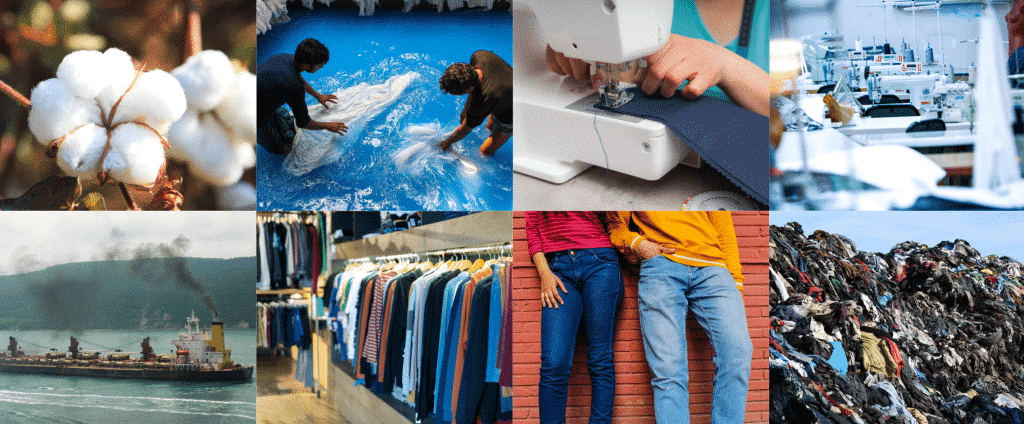We are back with a new episode from season four of the Earth Charter Podcast! In this segment, host Mirian Vilela speaks about the Rana Plaza disaster with Nika Salvetti, a researcher and practitioner with a wide range of experience in management, economics, sustainable development, and corporate social responsibility. Salvetti was working for the Bangladesh-German Chamber of Commerce and Industry in 2013 when the Rana Plaza building collapsed outside of Dhaka. The eight-story building was not designed to support industrial use by a garment factory, and when structural cracks were discovered, the building was evacuated. However, the garment business forced their workers to return. Hours later on April 24th, the entire building collapsed, killing more than 1,000 people and injuring another 2,600.

Nika discusses how the Rana Plaza disaster led to reforms and greater corporate responsibility in Bangladesh’s garment industry. It triggered not only changes in the cloth factory but in the whole supply chain. The Bangladeshi garment industry is the second largest in the world, after China. Of the 4 million garment workers in Bangladesh, about 60% are women. The media attention from the event prompted international outrage and greater recognition of problems associated with the fashion industry. Today, there is more safety and oversight in the Bangladeshi garment industry. After the incident, the government implemented regular structural, electrical, and fire safety inspections of the country’s 3,780 factories. The government also established a National Occupational Safety and Health Policy, created a National Plan of Action, and reformed the Department of Inspections for Factories and Establishments. This is very much linked to SDG12 (Sustainable Development Goal 12) on “responsible consumption and production.”
In this conversation, Salvetti explores what motivates businesses to implement socially and environmentally responsible business practices and who are the key actors in the supply chain of the garment industry. She also discusses consumers’ role in the process and how individuals can influence corporations to operate more ethically.
This topic became the central focus of Nika Salvetti Phd research “Local Culture and regulations determine responsible approach to ready-made garment industry in Bangladesh” and subsequent articles and work. See: “How can brands help Bangladeshi garment workers?” and “How brands can ensure a more responsible garment industry in Bangladesh post Covid-19”







